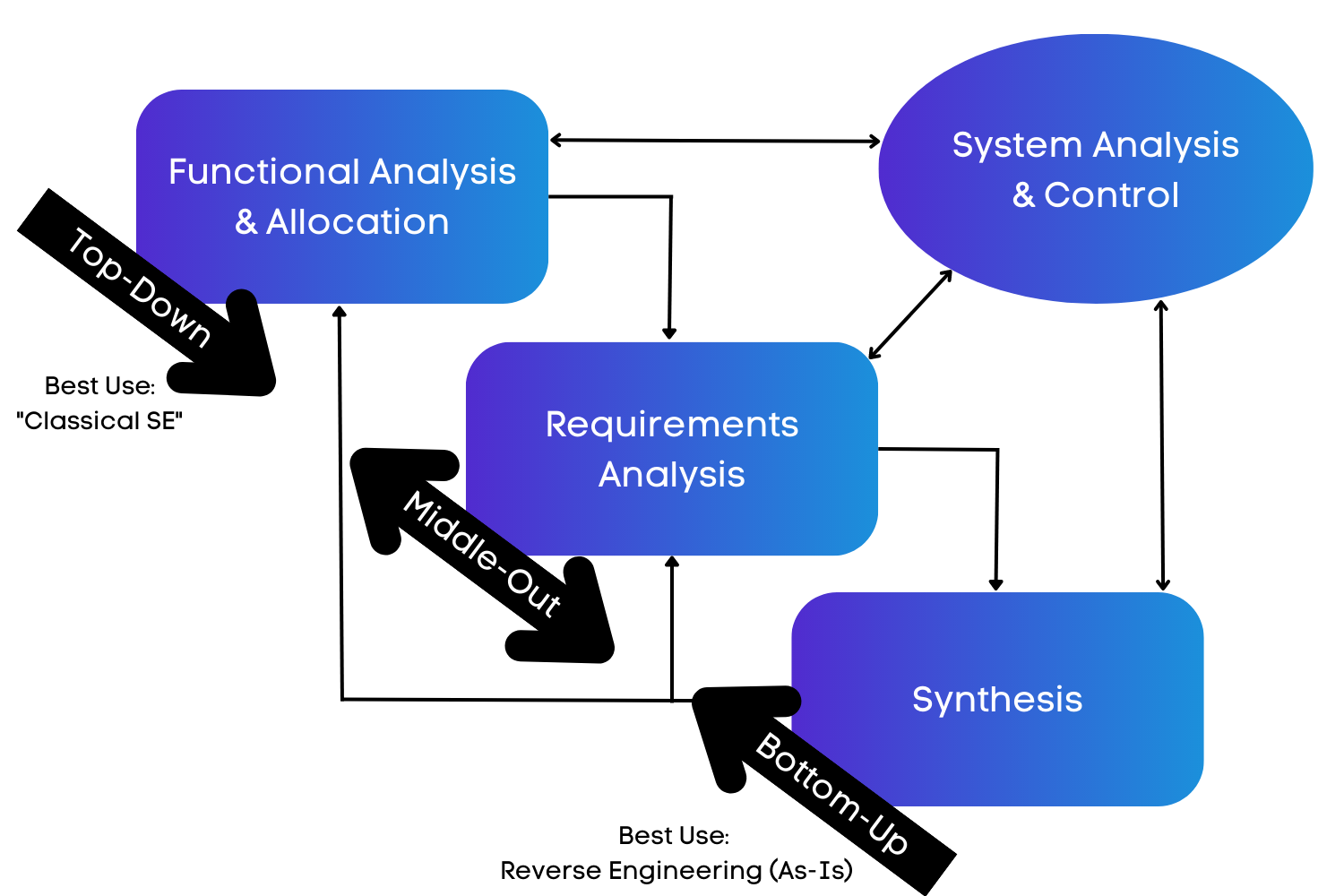Cybersecurity in Systems Engineering Webinar
Don't feel like reading? Watch the webinar recording!
2 min read
SPEC Innovations Team
:
12/15/23 11:30 AM

Don't feel like reading? Watch the recording instead!
In today’s fast-evolving project environment, effective collaboration between Program Management (PM) and systems engineering is crucial for achieving successful outcomes. The webinar, "Program Management in MBSE," examines the critical dynamics of this partnership and highlights essential factors that drive program success.
The webinar begins with a comprehensive examination of the common pitfalls leading to program failures. Among the primary reasons identified are:
The repercussions of program failure are substantial, ranging from massive cost overruns and long schedule delays to program cancellations and damage to lives and reputations.
Addressing the question of differentiation between Program Management and Systems Engineering, the webinar explores their respective principles:
SE Principles:
PM Principles:
Emphasizing that both principles aim to optimize cost, schedule, and performance, the webinar underscores their distinct roles—one for the program and the other for the system.
The session then transitions into strategies for Systems Engineering to better support Program Management. Recognizing the critical role Systems Engineers (SEs) play in program success, the webinar outlines their key responsibilities:
Addressing the contemporary need for agility in program management, the webinar sheds light on an innovative "Middle-Out" process. This approach significantly shortens the time required to develop system requirements through a robust, data-driven methodology.

Drawing from the expertise of Rick Dove in the Agile Systems Engineering Lifecycle Model, the webinar provides a detailed roadmap for incorporating agile methodologies into Program Management and Systems Engineering:
Highlighting technological support for integrating Systems Engineering and Program Management, the webinar explores Innoslate, a tool based on LML (LML, which provides an integrated ontology for PM and SE). Key features include:
In conclusion, the "Program Management in MBSE" webinar promises to be a knowledge-packed event, offering insights and strategies to enhance program management effectiveness through the integration of model-based systems engineering principles. Don't miss this opportunity to unlock the full potential of your programs and projects.
Watch the recording of our webinar below!
Have questions about model-based systems engineering or requirements management? Talk to an expert and see how Innoslate can streamline your projects from start to finish.

Don't feel like reading? Watch the webinar recording!

Not in the reading mood? Watch the recording of the webinar!

Watch the recording of Dr. Steven Dam's INCOSE webinar, "Enhancing Systems Engineering Through Generative AI." In the ever-evolving field of...